Stale Culture Means Weak Teams
When a culture is stale, employees do their job but don't have passion for their work, they don’t feel connected to the vision or they don’t really connect with their coworkers.
When your culture is great, it's obvious. Employees connect, the organization has strong teams, and people care about their work and the people they work with.
When culture is bad, it's obvious. Employees dread going to work and the underlying conflict that exists is palpable. Employees may have to pick sides between fighting coworkers and conversations may consist of gossip about that woman who is wearing plaid with stripes.
The impact bad culture has on results and the symptoms of bad culture are almost impossible to ignore – think backstabbing and tears.
What about when your culture is, meh? Stale culture might be worse than bad culture because the symptoms aren’t as noticeable but the impact is just as significant. When a culture is stale, employees do their job but don't have passion for their work, they don’t feel connected to the vision or they don’t really connect with their coworkers. Employees generally have no emotion or feeling for the organization and “punch the clock” like Fred Flintstone. I contend that a stale culture is worse than a bad culture because the symptoms are often overlooked and bad performance is blamed on bad hires, bad luck or unforeseen circumstances.
These are the signs that your culture needs a boost:
- You experience
continual turnover that leads to constantly being under-staffed. This leads to a constant need to get new employees “up to speed” in multiple roles and departments.
- You are
unable to refill positions with top candidates. Candidates hone in on culture, and when a culture is stale a candidate figures it out quickly and seeks a company with a better culture.
- Managers are
overworked and not highly engaged. When a manager isn’t engaged and connected with the company, employees sense that lack of connection and lose any excitement they once had.
If your culture is stale, don’t underestimate the impact. Take the same approach you would as if your culture was toxic, and try to assess what impact the stale culture is having on the company’s performance.
Need help assessing your culture, contact us at
info@cmaxadvisors.com. We have a Culture Drivers assessment that will give you an accurate view of your culture and ideas on how you can build strong teams.



